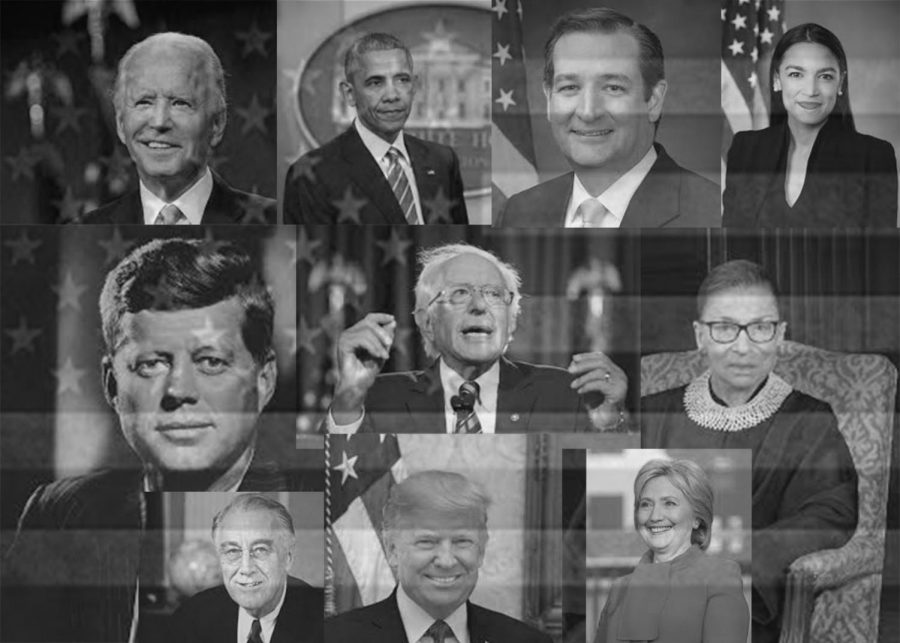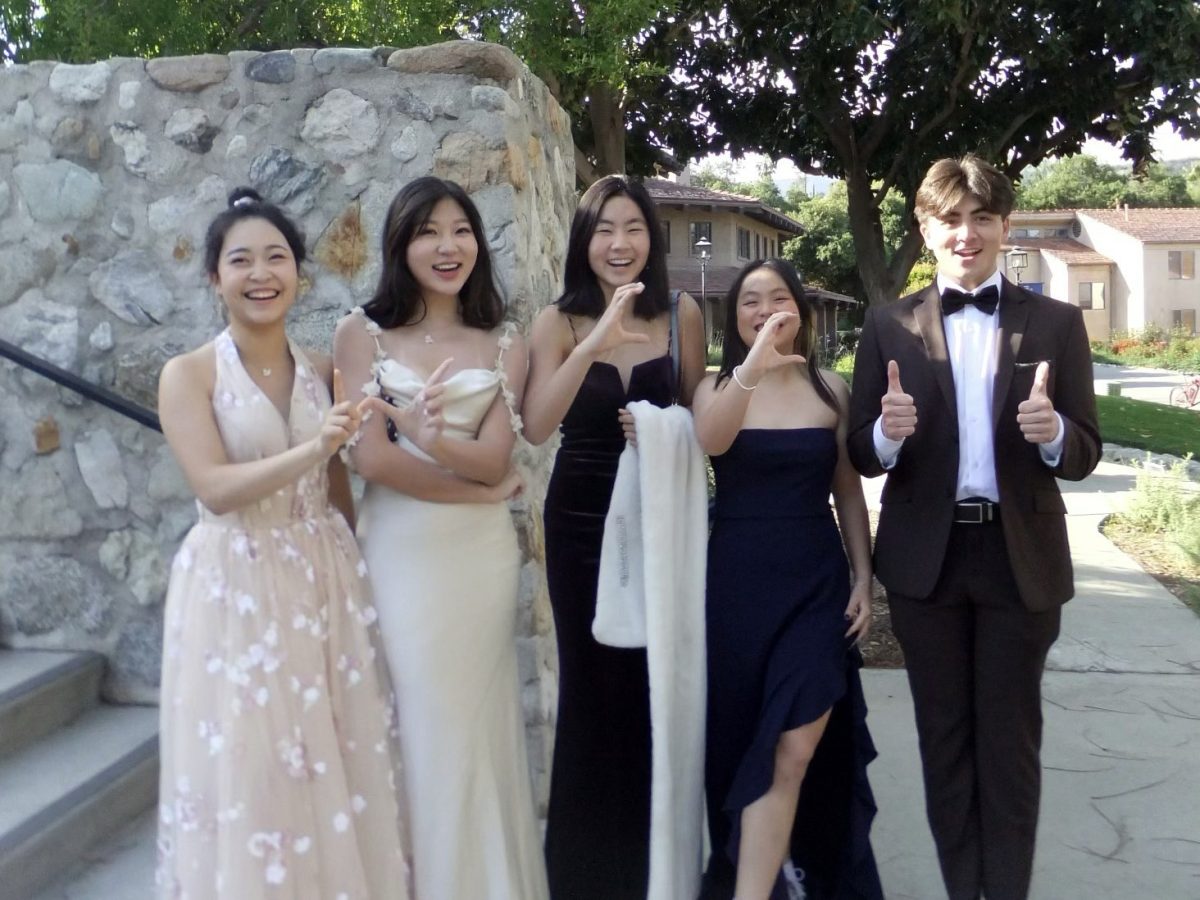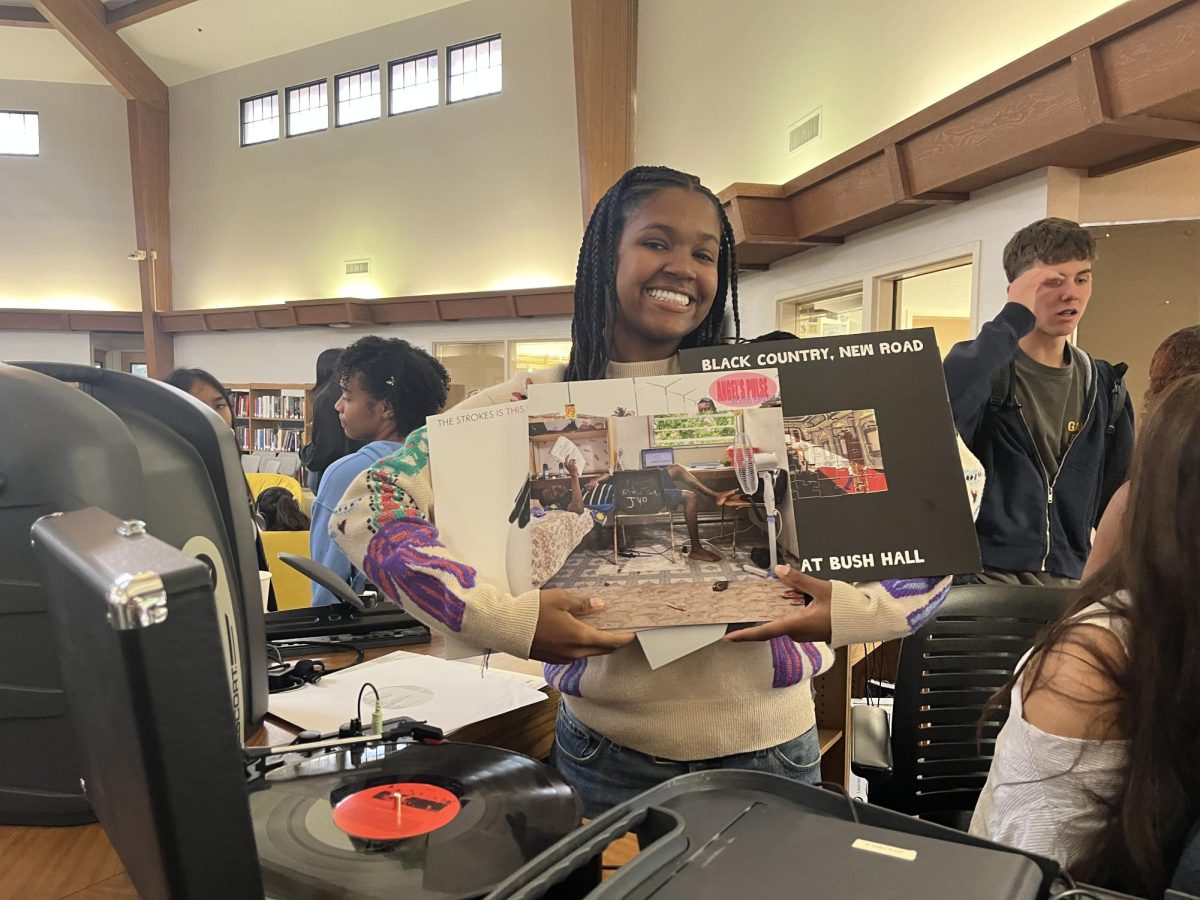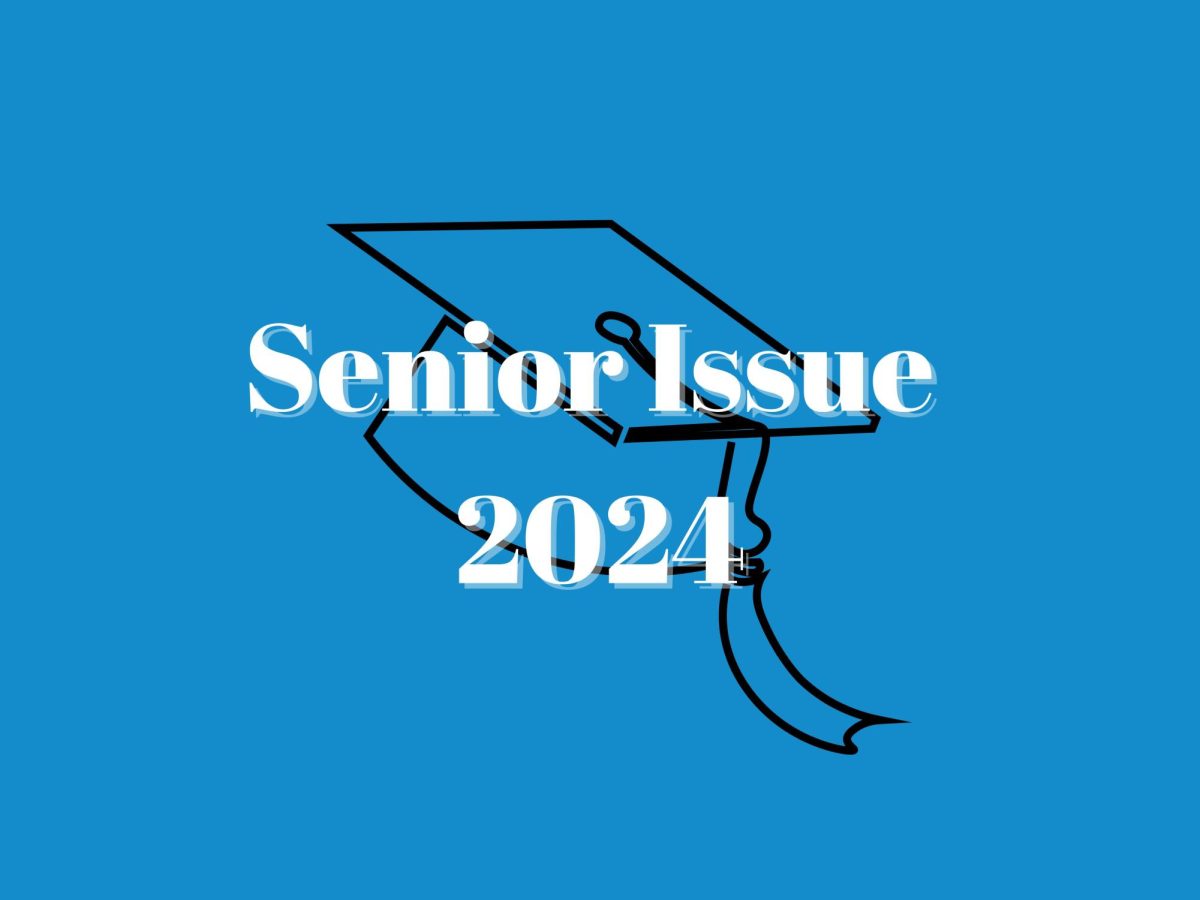The recent passing of Supreme Court justice Ruth Bader Ginsburg sparked waves of adoring fans commemorating her legacy as a progressive legal giant. Her legions of supporters showed their appreciation for her feminist legacy through online messages, vigils, and of course, merchandise. This outpouring of support was indicative of a very American phenomena: the overlap of celebrity, commodity, and politics.
The tremendous passion of Ginsburg’s supporters makes it difficult to analyze and judge her legacy. Should an 87–year–old with multiple cancer diagnoses really have stayed on the job through the Obama presidency when the well-being of millions depended on her health? Should she really have ruled against environmental regulation and indigenous rights all those times? These questions are important and worth discussion, but the patronizing and unhelpful reduction of Ginsburg’s distinguished, complicated career to her important rulings on gender equality inhibits this analysis.
By reducing immensely important political figures like RBG to symbols for abstract values like gender equality, we diminish our ability to objectively analyze and critique her record as a person with the power to profoundly impact all of our lives. The point is not to insult and degrade every powerful person who dies, but to acknowledge the fact that these people are not our friends or family, but political actors on whom we depend to act in our best interest. Without an honest appraisal of their records, we risk, at best, stripping them of their humanity, and at worst, obscuring their destructive, sometimes catastrophic, legacies.
Why are Americans so drawn to these cults of personality? Why do we love to be “fans” of the people responsible for our well-being? It makes sense at a basic level; we want to believe that the people leading us are fundamentally good – it is comforting. But the truth is rarely this simple; and frankly, the fundamental morality of our politicians and judges is irrelevant to our relationship to them. What matters is what they do in public.
Ruth Bader Ginsburg’s reputation is that of a feminist icon, the judge that cemented abortion rights and furthered gender equality through rulings like United States vs. Virginia and Stenberg vs. Carhart. This reputation is well earned and deserves praise.
The problem is not so much with what is said about Ginsburg. Instead, it is with what is omitted. Discussion of her record is incomplete without mentions of her rulings against native peoples and in favor of environmentally destructive pipeline projects. But because so many Americans have emotional attachments to her sanitized, limited, feminist legacy, honest critique of her obviously political, amoral decisions is often shouted down.
The motivation for this type of deification of political figures and celebrities is, as with all American phenomena, economic. The one factor that unifies the “Notorious RBG” with hundreds of other popular figures is that they can be commodified. Their simple, uncomplicated legacies can be packaged and sold as novelty T-shirts, special edition jerseys, and mugs, hoodies, stickers, pins, and smartphone cases.
The commercial value of diminishing the humanity of real people, with real impacts, cannot be understated. No one wants to hear about Ginsburg’s dozens of pro-capital, anti-ecological, anti-indigenous rulings. They do not fit on shirts. We want to be comfortable with our heroes, and liberal American capitalism wants nothing more than to sell us exactly what we’re looking for.
Ginsburg is certainly not the only example of celebrity culture invading political spaces. The same phenomena occur with most major politicians; Hillary Clinton, Donald Trump, and most major congresspeople have their own set of loyal fans, conflating their personal admiration and affection for these figures with objective truth. Americans want politicians to be heroes, rather than tools. When we treat the people we rely on to shape the country according to our interests as superstars, we lose the ability to hold them accountable.
This is not a new phenomenon; the simplification of political figures has been a mainstay in American culture since its inception. People like JFK and FDR are examples that illustrate this. Their complex presidencies, mired with racism and debauchery respectively, have been touted as great, and the presidents themselves have been used as symbols for progressive ideals. We, as Americans, no matter our political ideology, seek to apply our own values to politicians; we like to imagine they could relate to us. Once a perfect figure is found, we use them to support a political idea that they rarely stand for themselves. These icons carry with them heavy amounts of market value that of which is exploited at the nearest opportunity.
Whether or not politicians actually share our values is often set aside to give Americans something to latch onto and believe in. This, however, does not serve to further the true ideals of progressive causes and is a large inhibitor to their propagation. These figures make otherwise simple arguments complex and leave them bogged down in the personal life of a single person. Ideas such as the importance of human rights should not be linked to the personal lives of figures responsible for deciding them.
The personal politics that plagues our political system is a direct symptom of American’s tendency to gravitate towards a singular public figure as being representative of their ideas and values. Our current political climate exemplifies this trend in which candidates are more focused on the vices and personal shortcomings of other candidates, than the policy that their opponent represents.
Whether or not celebrity culture in general can be eliminated is a difficult question, but it is imperative that we work to remove it from politics. Rejecting cult-of-personality politics is essential for a functioning democracy. The issues people like Trump and Ginsburg are capable of affecting are grounds for objective analysis, not hero worship. They are not our friends; they are our representatives. Treat them that way.







![Student loan borrowers rally near the White House for Joe Biden to cancel all student loans. Biden, pictured left, is troubled with diminishing popularity with youth as he fails to forgive all students loans as he had promised. “[Biden] kind of fumbled things even though he tried with student loan forgiveness,” said Cory Warren, humanities department faculty. “That was [the] number one campaign promise to get the youth vote.” Whether it is student loans, age, or foreign policy, what, ultimately, drives away the youth vote for Biden?](https://webbcanyonchronicle.com/wp-content/uploads/2024/03/Duan-biden-popularity-1200x675.jpeg)









